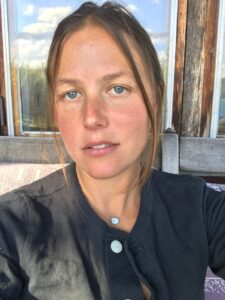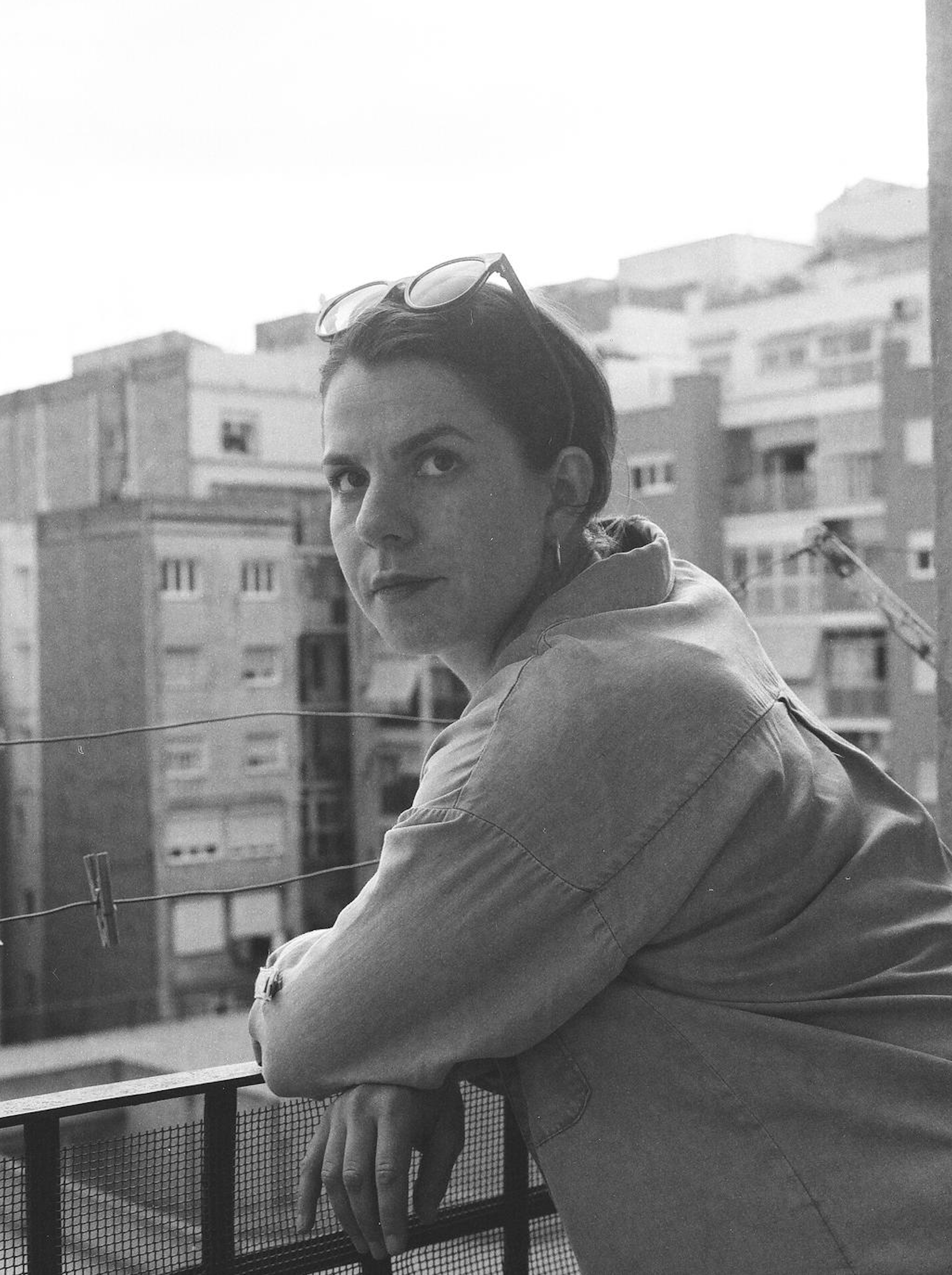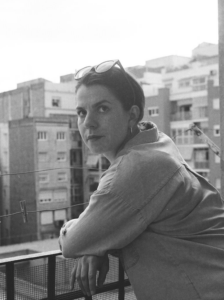ANDERS CARLSON-WEE‘s Disease of Kings showcases a mastery of tone and voice, an uncanny ability to talk to you (reader) like a friend and confidant, while telling you the hardest truths— truths that might actually change your life, truths the world doesn’t necessarily want you to know. These poems are urgent without being demanding, confessional without being sensational, and indirectly lead us to reconsider the nuances of relationships, how our lives are structured, and ultimately the big questions of what matters most. Disease of Kings tells a fierce, uncompromising narrative, yet also manages to be deeply vulnerable and do away with pretense and artifice, embracing a primal need to “Lay It Bare,” as one of the poems is aptly titled.
JOY BAGLIO sat down with Anders to discuss Disease of Kings, touching on his impulse toward narrative, crafting vivid imagery, honing voice, and more.
*

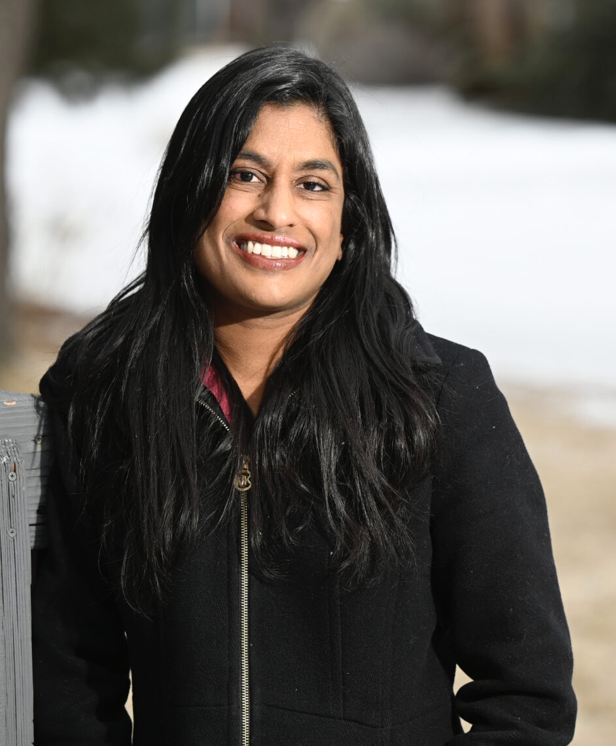
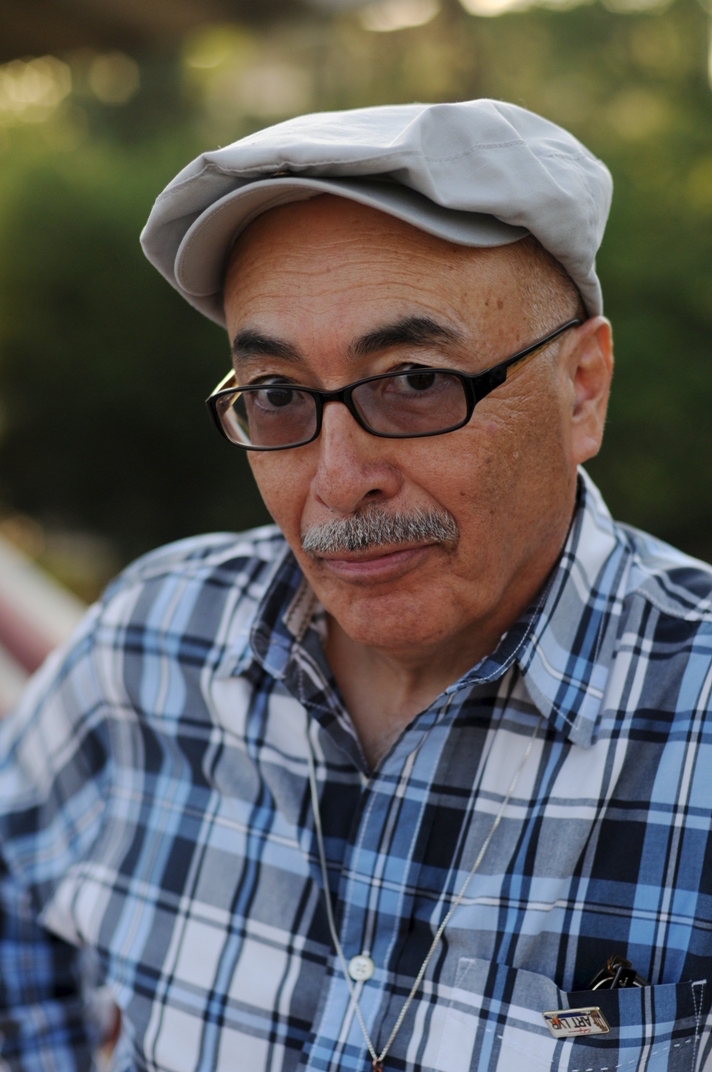

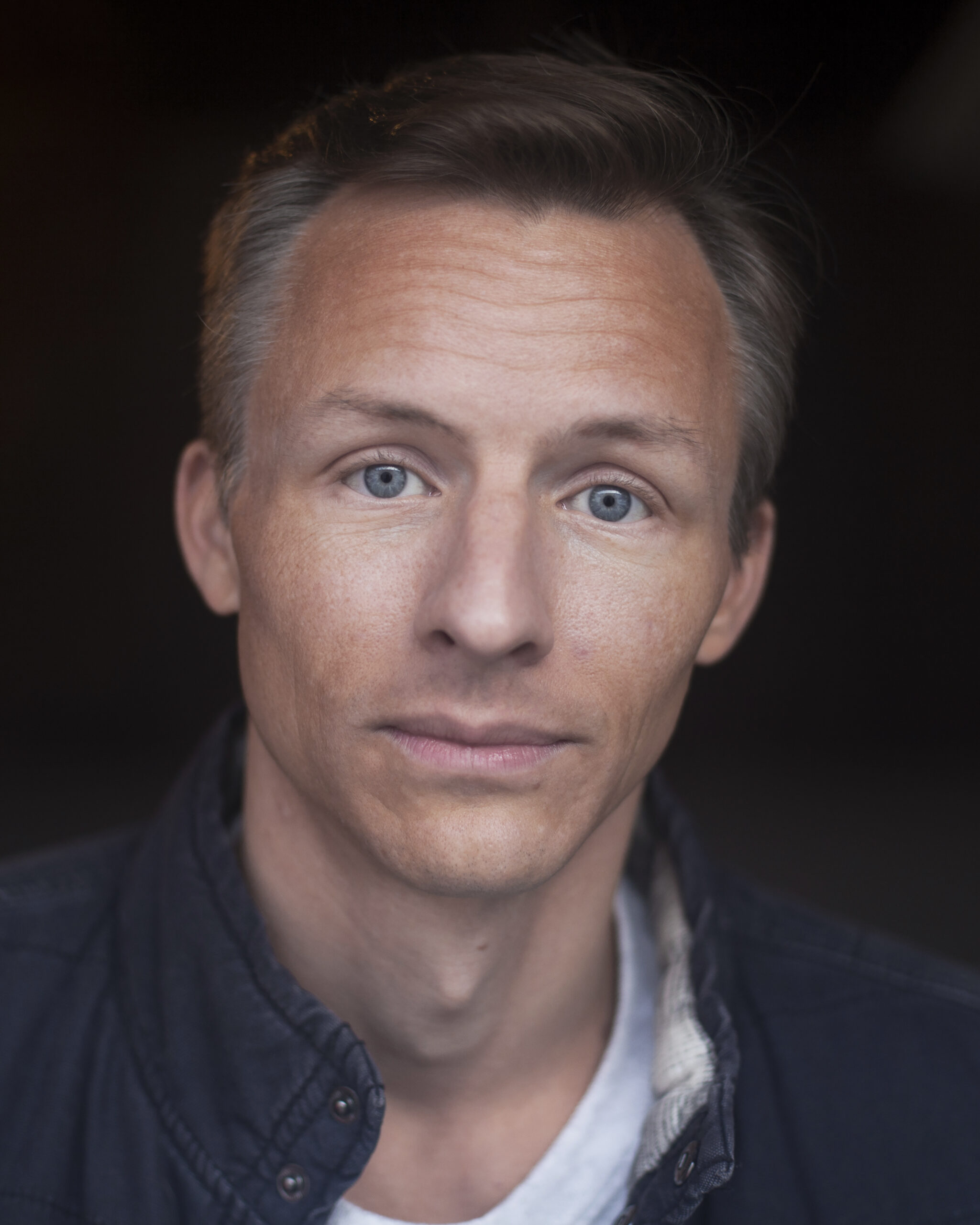


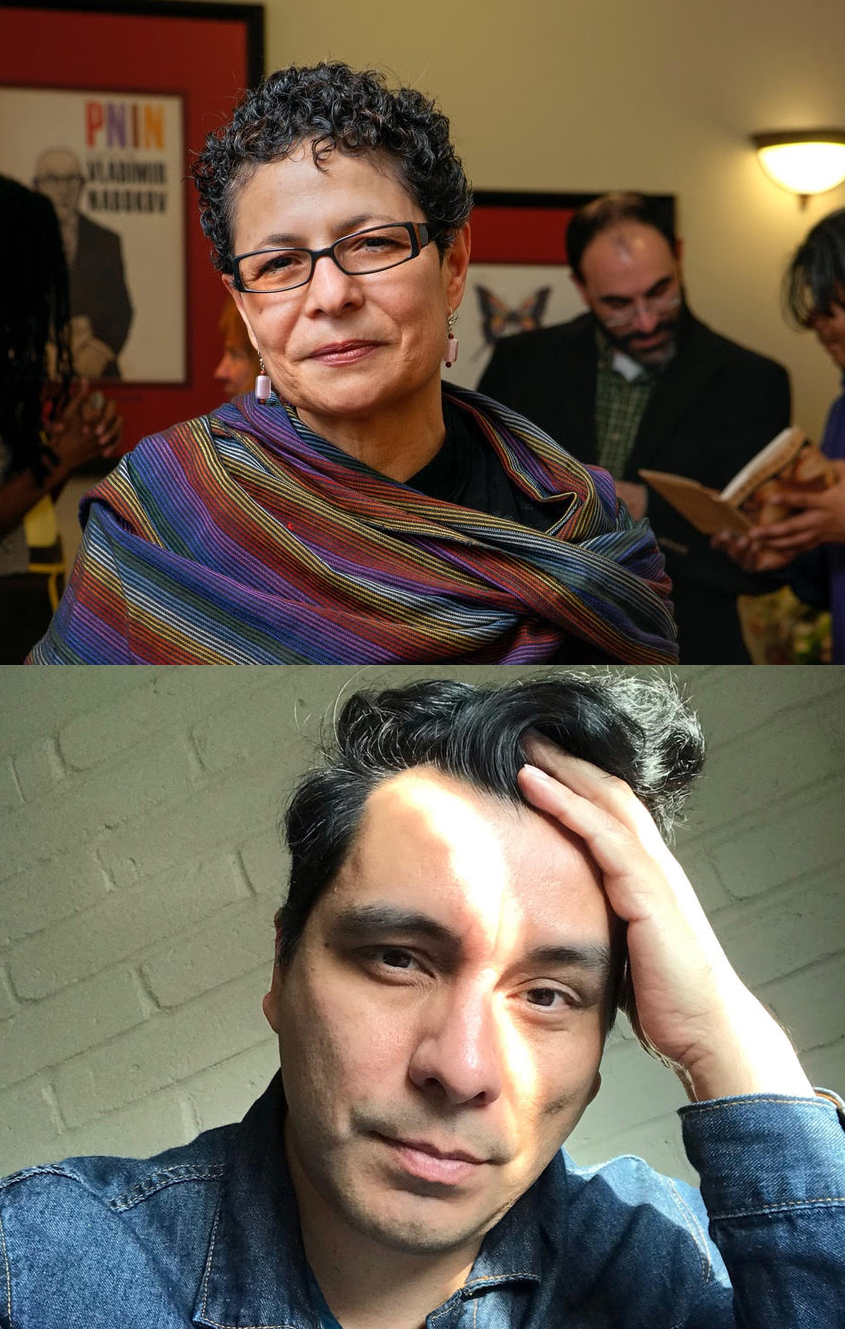
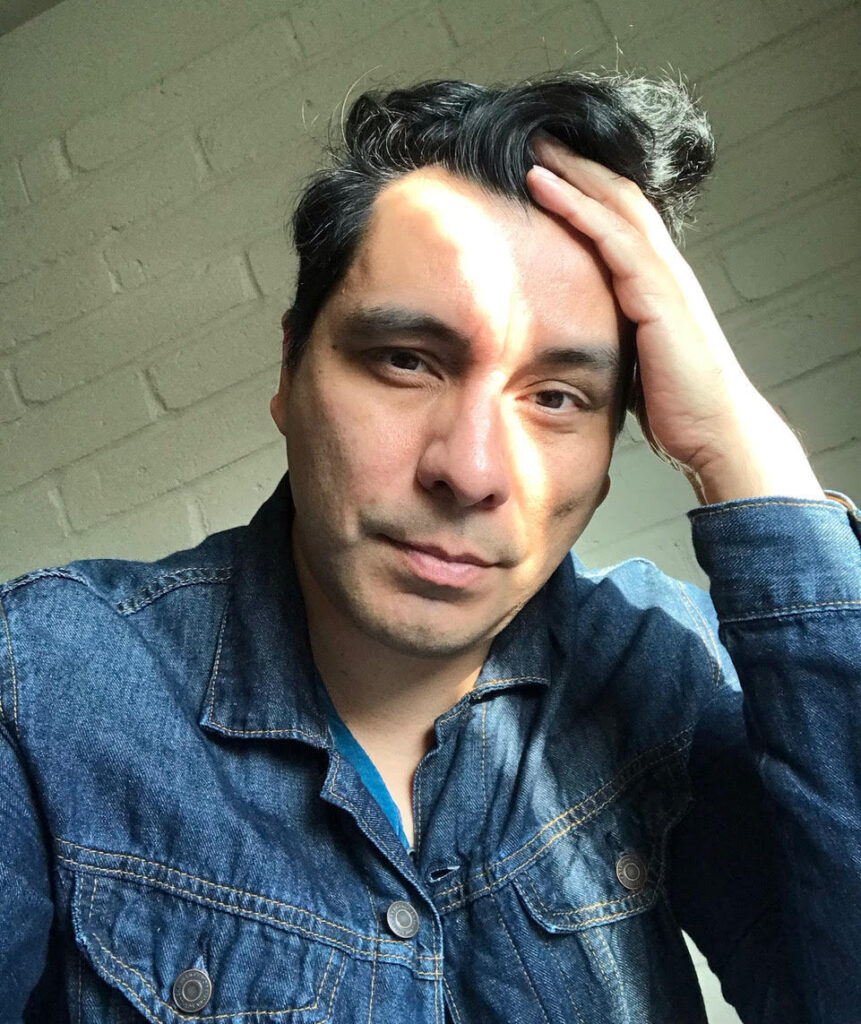
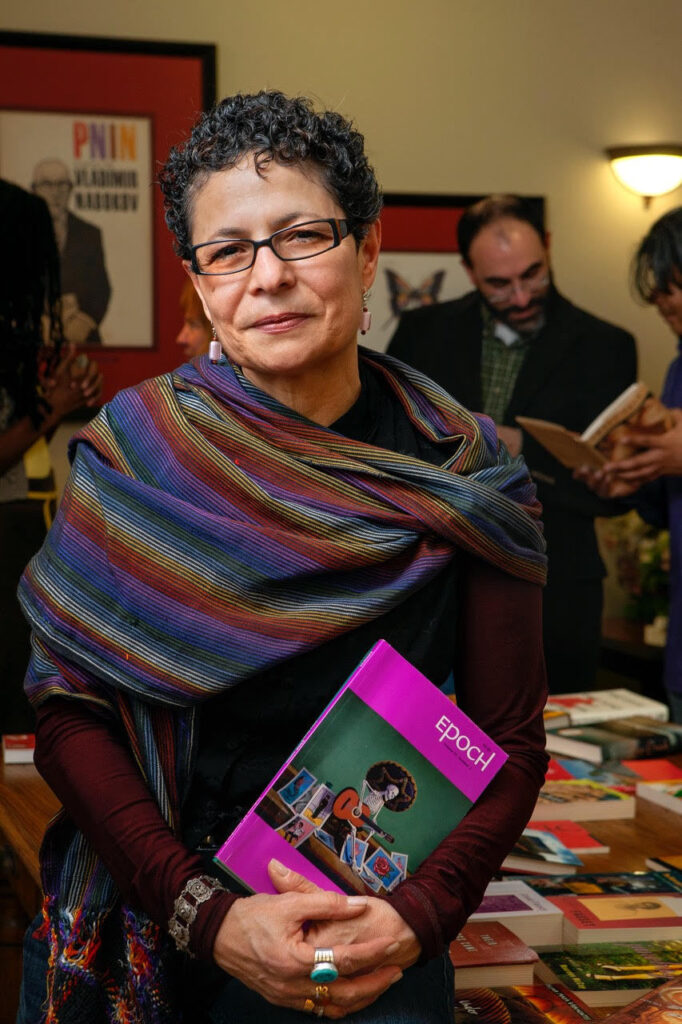
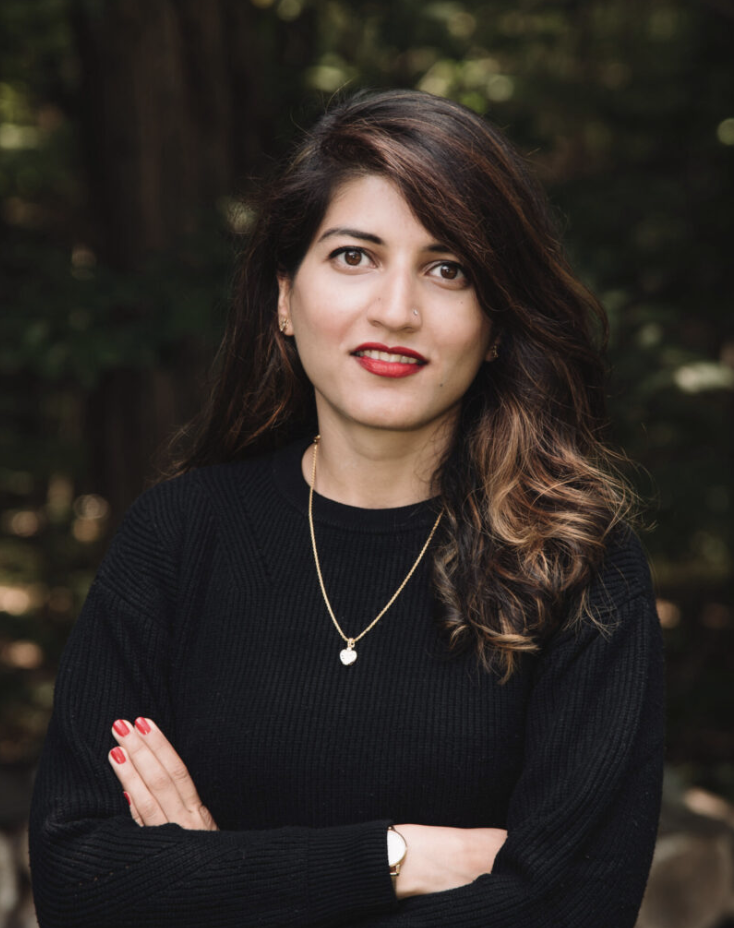


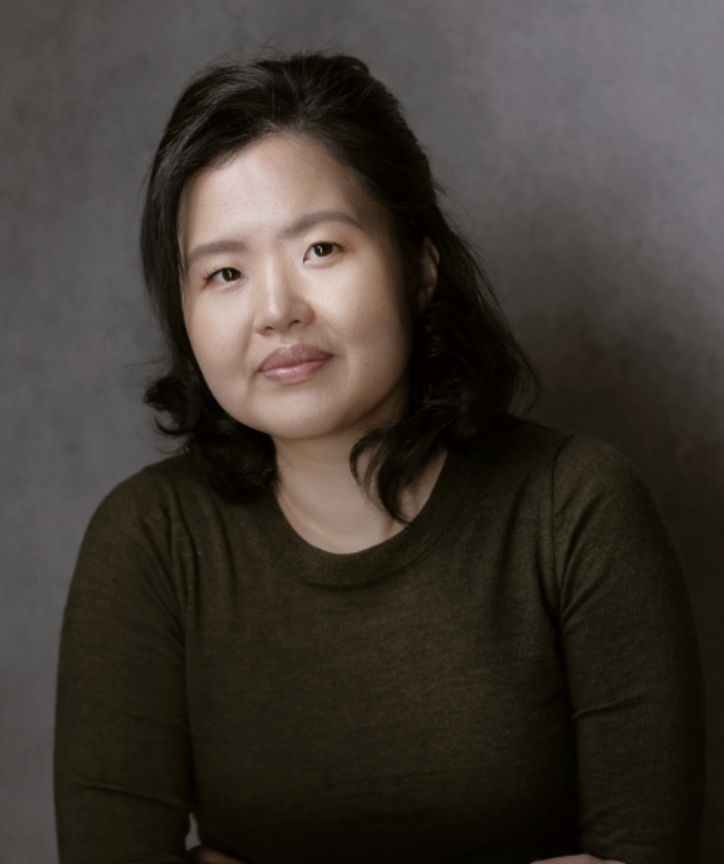


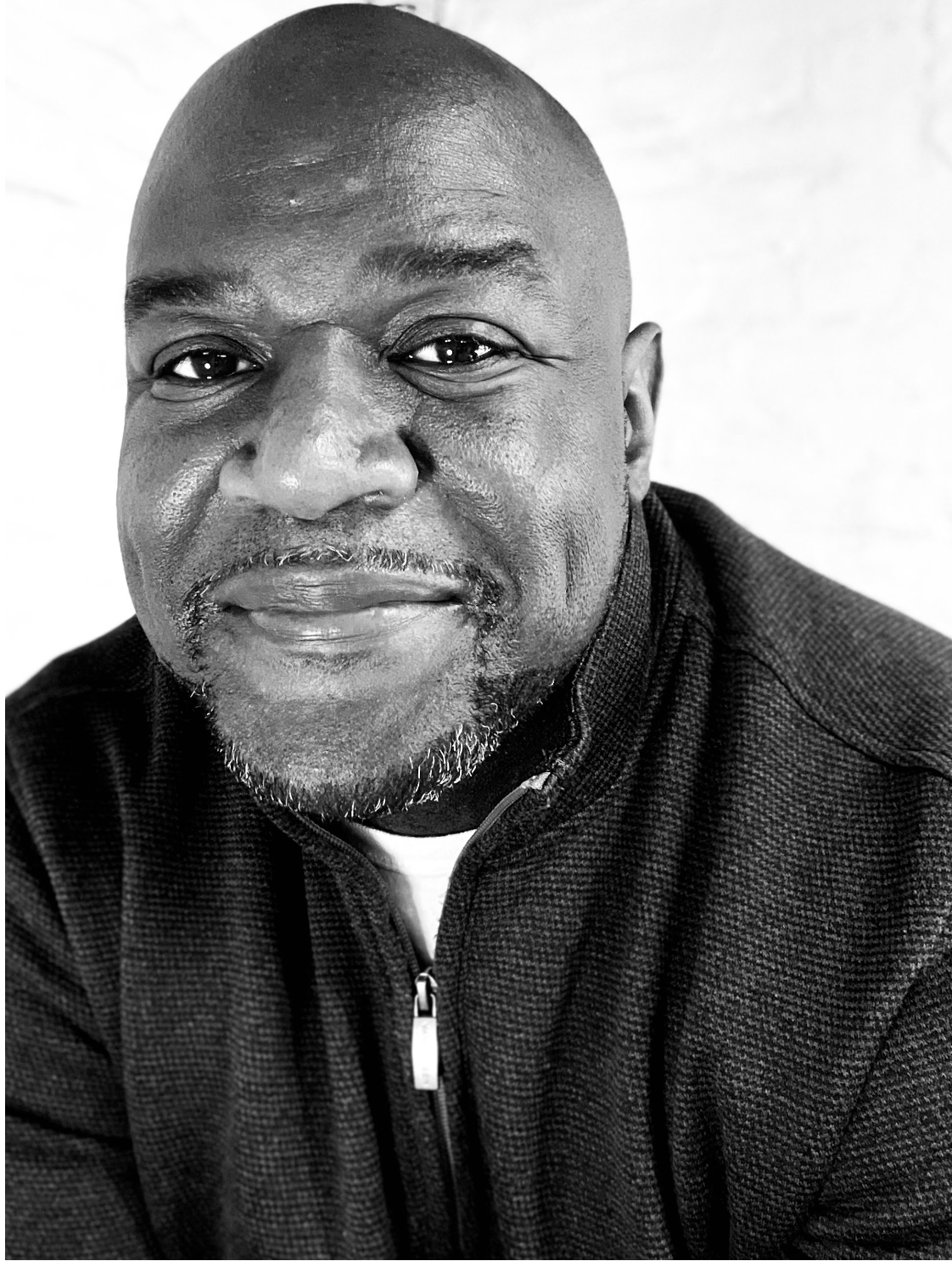


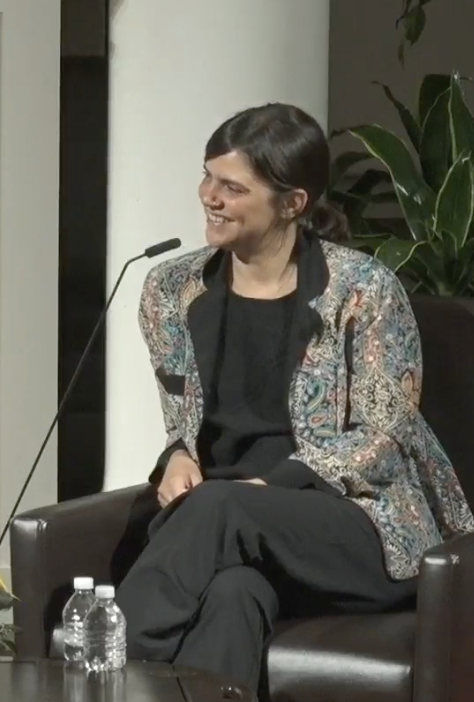
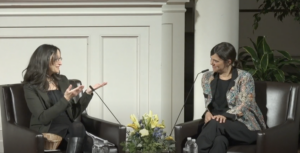
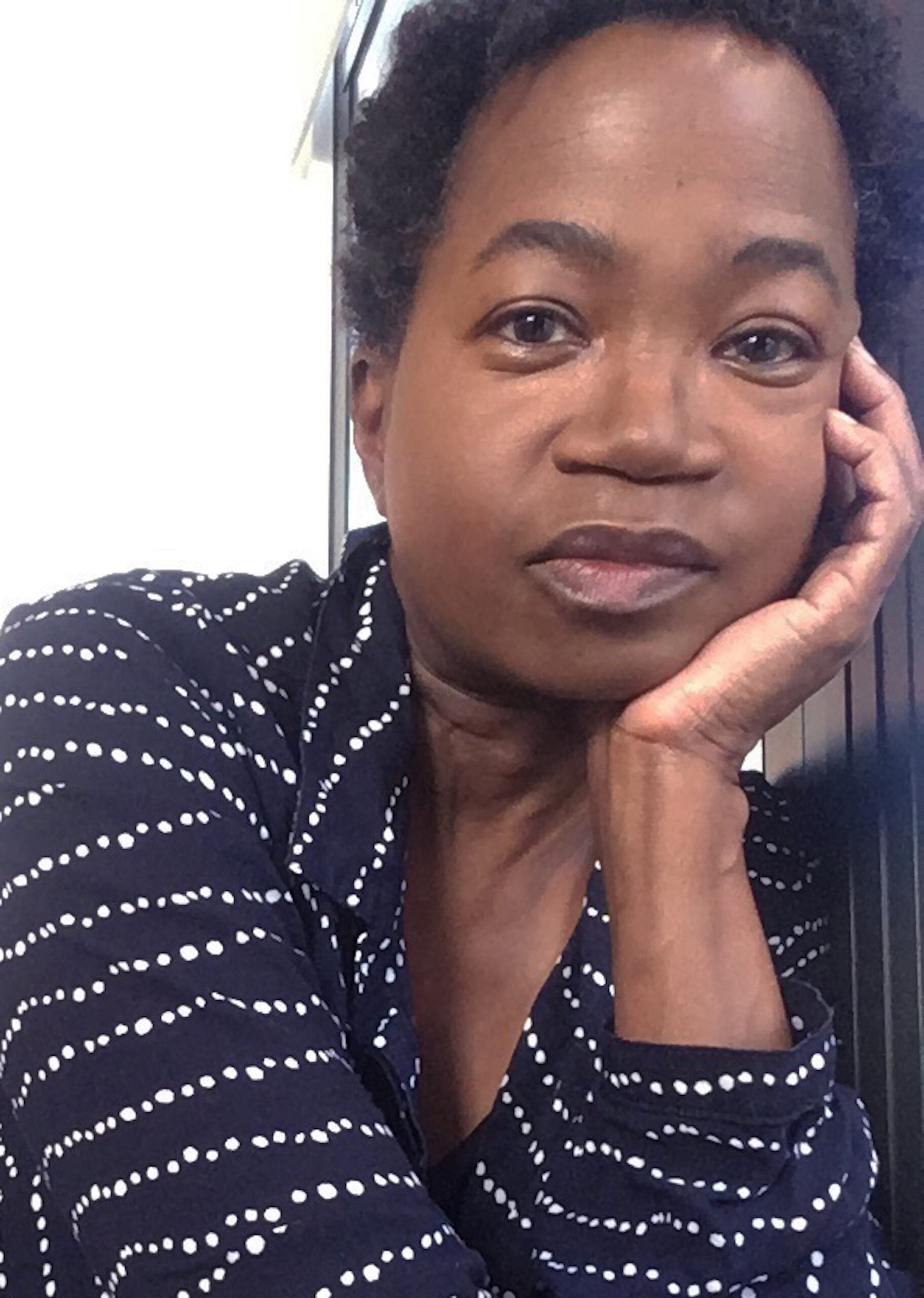
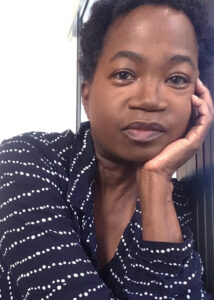 .
. 